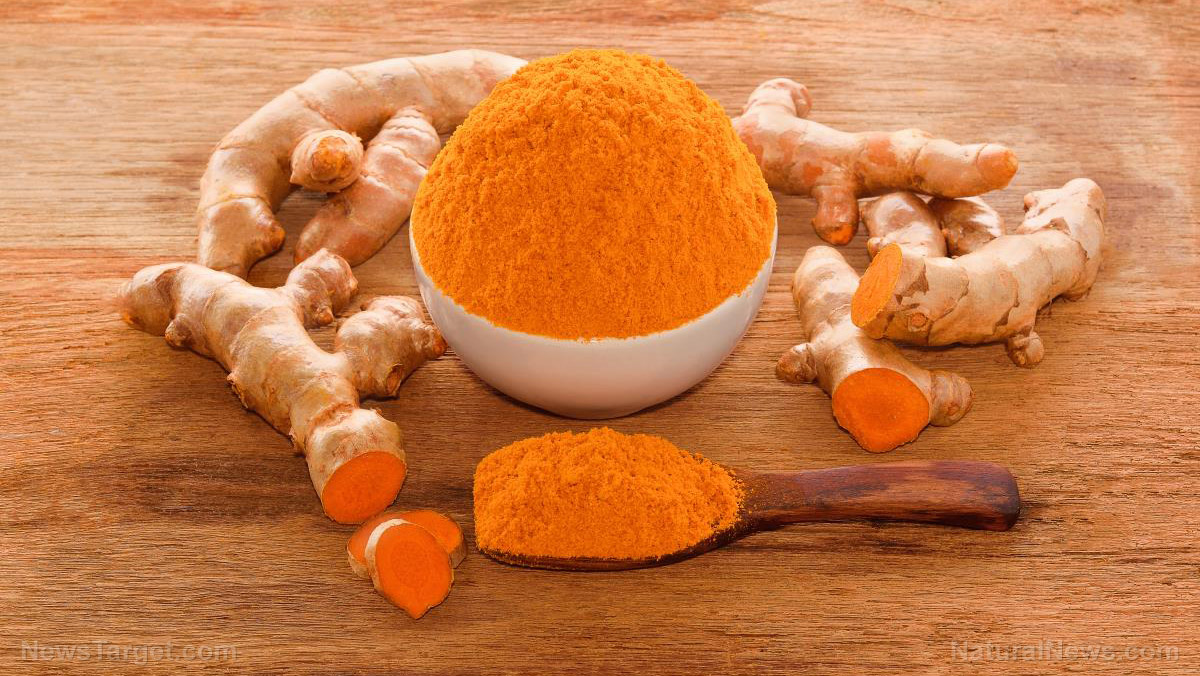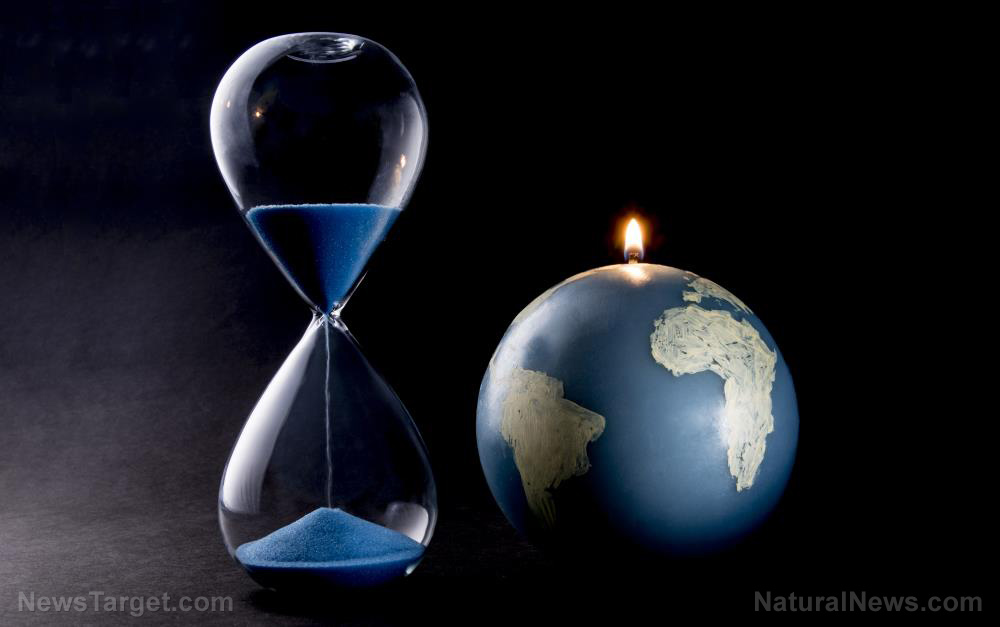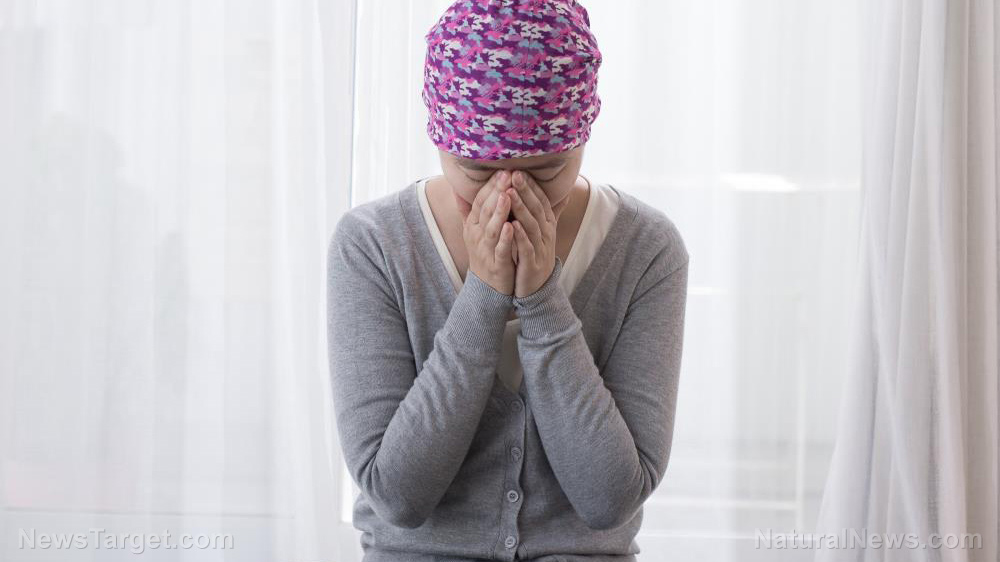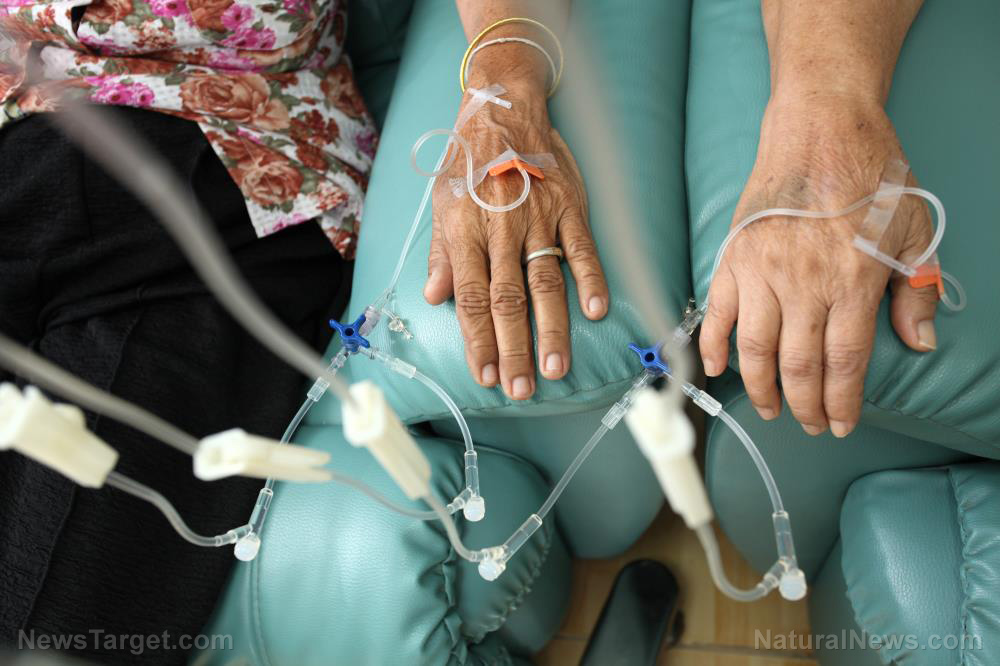
- A study has found that women cancer survivors experience 69 percent higher fatigue and 58 percent higher depression rates than men, leading to reduced physical activity and poorer long-term health outcomes.
- Women metabolize drugs slower, face hormonal therapy side effects and often juggle caregiving roles, worsening post-cancer struggles.
- Fatigue and depression create a cycle of inactivity – 86 percent more likely with fatigue, 65 percent with depression – but moderate exercise (e.g., walking) can cut fatigue risk by 50 percent.
- Cancer-related fatigue is often overlooked in clinical care, highlighting the need for routine screening and tailored interventions, especially for women.
- The study urges sex-specific survivorship programs combining therapy, fitness support and awareness to improve recovery quality for women.
A groundbreaking national study reveals that women cancer survivors endure significantly higher rates of fatigue and depression than men – 69 percent and 58 percent more, respectively.
Presented at the American Association for Cancer Research's 2025 annual meeting, the findings highlight a troubling gender gap in post-cancer recovery. The research led by Dr. Simo Du of NYC Health + Hospitals analyzed responses from 1,555 survivors. While it drew from the National Health and Nutrition Examination Survey (NHANES) and was adjusted for age, race and socioeconomic factors – the gender gap remained undeniable. (Related: Breast cancer survivors who exercise have better mental health.)
Fatigue affects 80 percent of chemotherapy or radiation patients, but women bear the brunt. Depression, impacting one in four survivors, further compounds the challenge. Du and her team found that these disparities lead to reduced physical activity, worsening long-term health outcomes.
Cancer does not discriminate, but its aftermath does. Women are far more likely than men to struggle with debilitating fatigue and depression long after treatment ends. With cancer treatments advancing, ensuring survivors live well – not just survive – has become a critical focus.
Biological and societal factors collide to worsen women's post-cancer struggles. Physiologically, women metabolize drugs slower, leading to prolonged treatment side effects. Hormonal therapies, common in breast and ovarian cancers, exacerbate fatigue and mood disorders.
Socially, women often juggle caregiving and household duties even during recovery, amplifying stress. "The burden isn't just medical – it's societal," noted Dr. Scherezade Mama of MD Anderson Cancer Center, who was not involved in the study.
The vicious cycle: Fatigue, depression and inactivity
Fatigue and depression create a downward spiral. Survivors who cut back on physical activity – 86 percent more likely if fatigued, 65 percent if depressed – face slower recoveries and poorer quality of life. Yet moderate exercise, like walking, slashes fatigue risk by 50 percent.
Vigorous activity didn't help fatigue but reduced depression risk dramatically. "Exercise isn't just beneficial; it's prescriptive," Du remarked. She noticed that many more female than male cancer survivors in her clinic were complaining of fatigue that made it hard to shop for groceries, get dressed, shower and do other social or hygiene-related activities.
Despite its prevalence, cancer-related fatigue remains underdiagnosed. Clinicians often prioritize pain or appetite loss, missing fatigue's toll. The study urges routine screening and tailored interventions, particularly for women.
"Awareness must start at diagnosis," Du reiterated. Programs like the American College of Sports Medicine’s Moving Through Cancer offer exercise plans, yet accessibility remains uneven. Thus, the study underscored an urgent need for sex-specific survivorship care.
"Survivors shouldn't feel broken for struggling," said Dr. Carolyn Gotay, a University of British Columbia researcher who wasn't involved in Du's study. Normalizing these challenges and expanding support, from therapy to fitness referrals, could transform recovery.
While cancer survival rates are rising, quality of life lags – especially for women. As treatments evolve, so must post-care. "Living well after cancer isn't a luxury; It's the next frontier in care," Du concluded.
Visit WomensHealth.news for similar stories.
Watch this video about the power of bananas in addressing depression and other health issues.
This video is from the Natural Cures channel on Brighteon.com.
More related stories:
How depression and breast cancer are linked.
Researchers look at various ways to treat depression and anxiety in cancer patients.
Depression and increased cancer risk: 6 Reasons not to take birth control pills.
Sources include:
Please contact us for more information.






















